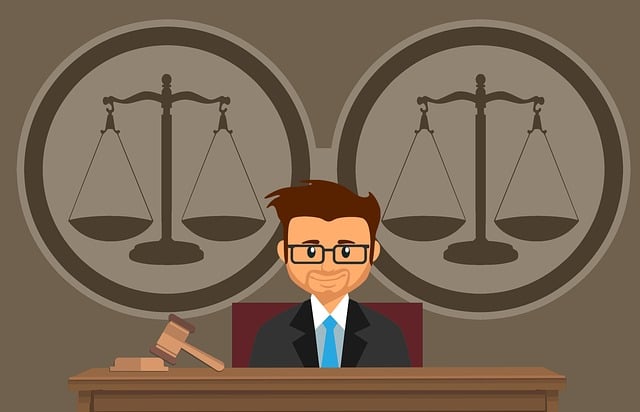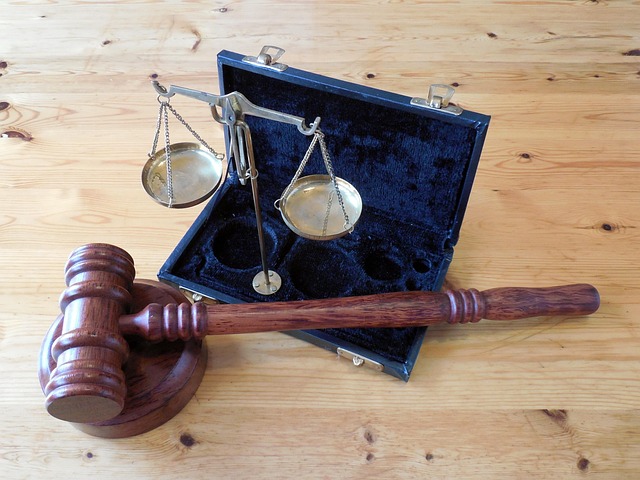In the dynamic healthcare industry, C-Level Investigations scrutinize operational and regulatory compliance, navigating complex laws around patient care, data privacy, and drug safety. Proactive strategies, deep regulatory understanding, and agile risk management are key to success. Specialized legal expertise in Healthcare Regulatory Litigation Strategies is vital for defending against inquiries, balancing privacy, trust, and transparency through strategic communication and ethical practices. Post-investigation, organizations rebuild trust with robust internal controls, staff training, and improved reporting mechanisms while refining litigation strategies for future high-stakes cases.
In the dynamic landscape of healthcare, C-level investigations have emerged as significant challenges, driven by the rise of regulatory litigation. This article delves into the intricate world of healthcare’s regulatory environment, exploring strategies for organizations facing intense scrutiny. From understanding the complexities of these inquiries to building robust defenses and post-investigation recovery, we provide insights into navigating this critical phase. Discover expert tactics tailored for healthcare professionals seeking to mitigate risks and enhance compliance in the face of regulatory pressures.
- Understanding C-Level Investigations: A Deep Dive into Healthcare's Regulatory Landscape
- The Rise of Regulatory Litigation: Strategies for Healthcare Organizations
- Key Considerations when Facing C-Level Investigations
- Building a Robust Defense: Legal Tactics and Expertise in Healthcare Cases
- Post-Investigation Recovery: Rebuilding Trust and Enhancing Compliance
Understanding C-Level Investigations: A Deep Dive into Healthcare's Regulatory Landscape

In the healthcare industry, C-Level Investigations refer to comprehensive inquiries at the executive level, delving into operational and regulatory compliance within respective businesses. These investigations are pivotal in navigating the intricate landscape of healthcare regulations, ensuring adherence to stringent standards and laws governing patient care, data privacy, and drug safety. By employing sophisticated litigation strategies, healthcare organizations can achieve extraordinary results, upholding their integrity while managing potential risks and penalties.
An unprecedented track record of success in C-Level Investigations is indicative of robust internal controls, proactive risk management, and a commitment to ethical practices. This approach not only mitigates legal and financial exposure but also fosters public trust, strengthens corporate reputation, and enables businesses to thrive in an ever-evolving regulatory environment.
The Rise of Regulatory Litigation: Strategies for Healthcare Organizations

The healthcare industry is experiencing a significant shift in legal landscape due to the increasing prevalence of regulatory litigation. As laws and regulations evolve, so do the risks for healthcare organizations. In response, forward-thinking leaders are prioritizing proactive strategies to navigate this complex environment. Achieving extraordinary results in high-stakes cases often involves a deep understanding of the regulatory framework and an agile approach to risk management.
By integrating robust general criminal defense mechanisms, healthcare providers can better protect themselves against potential violations and ensuing legal battles. This proactive stance not only helps in mitigating financial losses but also fosters public trust by demonstrating a commitment to ethical practices. As the field continues to navigate these intricate legal waters, adopting innovative strategies will be key to ensuring long-term success and sustainability within the industry.
Key Considerations when Facing C-Level Investigations

When facing C-level investigations, particularly in the healthcare sector, organizations must navigate a complex landscape. Key considerations include understanding the unique dynamics of regulatory litigation strategies, as these investigations often span both criminal and civil domains. A robust general criminal defense strategy is essential, focusing on gathering evidence, interviewing witnesses, and crafting persuasive legal arguments.
Additionally, recognizing the intersection of healthcare, philanthropy, and political communities is crucial. Organizations must tailor their responses to balance protecting individual privacy, maintaining community trust, and ensuring transparency without unduly prejudicing investigations. A successful approach involves proactive communication, ethical data handling practices, and collaboration with legal experts specializing in healthcare regulatory litigation strategies to ultimately secure winning challenging defense verdicts.
Building a Robust Defense: Legal Tactics and Expertise in Healthcare Cases

In the face of escalating healthcare regulatory scrutiny, organizations must equip themselves with a robust defense mechanism. Legal tactics play a pivotal role in navigating complex Healthcare Regulatory Litigation Strategies, especially as cases often involve intricate factual scenarios and nuanced interpretations of regulations. Specialized legal expertise is essential to devise effective responses tailored to each unique situation.
Experienced legal professionals adept at handling healthcare investigations offer invaluable insights into all stages of the investigative and enforcement process. Their unprecedented track record in defending clients includes mastering jury trials, negotiating settlements, and achieving favorable outcomes. This specialized knowledge allows for proactive risk management, ensuring organizations remain compliant while mitigating potential liabilities.
Post-Investigation Recovery: Rebuilding Trust and Enhancing Compliance

After a thorough C-Level investigation, the focus shifts to recovery and rebuilding. This process involves more than just restoring operations; it entails fostering trust among stakeholders, employees, and the public. Healthcare organizations must demonstrate their commitment to ethical conduct and compliance through transparent actions. Implementing robust internal controls, enhancing staff training on regulatory requirements, and establishing effective reporting mechanisms are key steps in this journey.
The recovery phase also presents an opportunity to refine litigation strategies, especially in high-stakes cases that involve complex healthcare regulatory matters. Leveraging an unprecedented track record of success in defending against such cases can instill confidence in the organization’s ability to navigate legal challenges. This strategic approach ensures that lessons learned from investigations translate into long-term improvements, fostering a culture of compliance and accountability within the healthcare sector.
C-Level investigations in healthcare are complex and multifaceted, reflecting the intricate regulatory landscape. As the rise of regulatory litigation demands innovative strategies from healthcare organizations, understanding key considerations, building robust defenses through legal tactics and expertise, and focusing on post-investigation recovery become paramount. By implementing these measures, healthcare leaders can navigate these challenges effectively, enhancing compliance and rebuilding trust. Adopting proactive strategies in healthcare regulatory litigation is not just a matter of survival but also ensuring the long-term sustainability and integrity of healthcare institutions.






